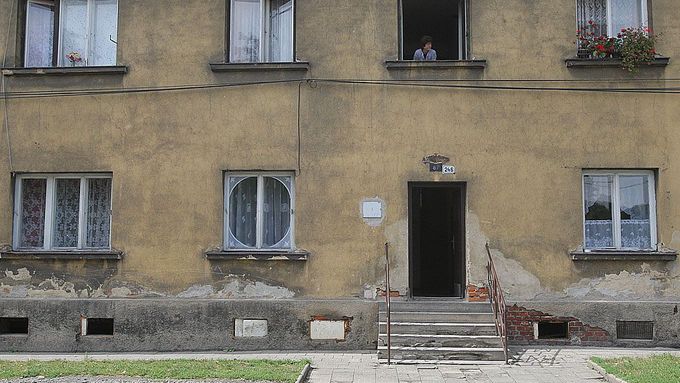Prague - A record number of social projects have been started in the Czech Republic's high-unemployment regions and areas with significant Roma communities.
"Due to an economic stagnation and unfortunate changes in social policy, another part of the Roma minority as well as the majority population is sinking into poverty. The phenomenon of the employed poor, which means working households with subsistence difficulties, is booming. As much as one million people may fall into this category in the Czech Republic," said state-run Social Inclusion Agency director Martin Simacek.
Madrid inspires Czech city to address social exclusion
Agency: Rising anti-Roma sentiment is "security threat"
Simacek stresses that his agency's projects are not focused exclusively on the Roma minority, even though members of this ethnic group are the most common clients. "The projects we are coordinating are destined for all the people who are long-term unemployed, unqualified or live in regions where job demand outweighs job supply," said Simacek.
It is not cheap to help these people. Only the 37 projects supervised by Simacek's agency cost around CZK 500 million (EUR 19.3 million) per year. Eighty-five percent of this cost is covered by EU funds though.
"Thanks to these projects, more than 10,000 people receive some kind of assistance. Most often it is assistance with job searching, education, or by social workers," said Simacek.
Municipalities, schools, NGOs as well as regional and local authorities have their own projects too, which are also massively co-financed by the EU. In addition to trying to lift people from poverty and include them in the society, many of these projects are also aimed at improving relations between the Roma minority and the majority society.
In spite of the rising sum of money spent on these projects, the number of poor people who depend on welfare benefits is not decreasing in the Czech Republic. Quite on the contrary.
